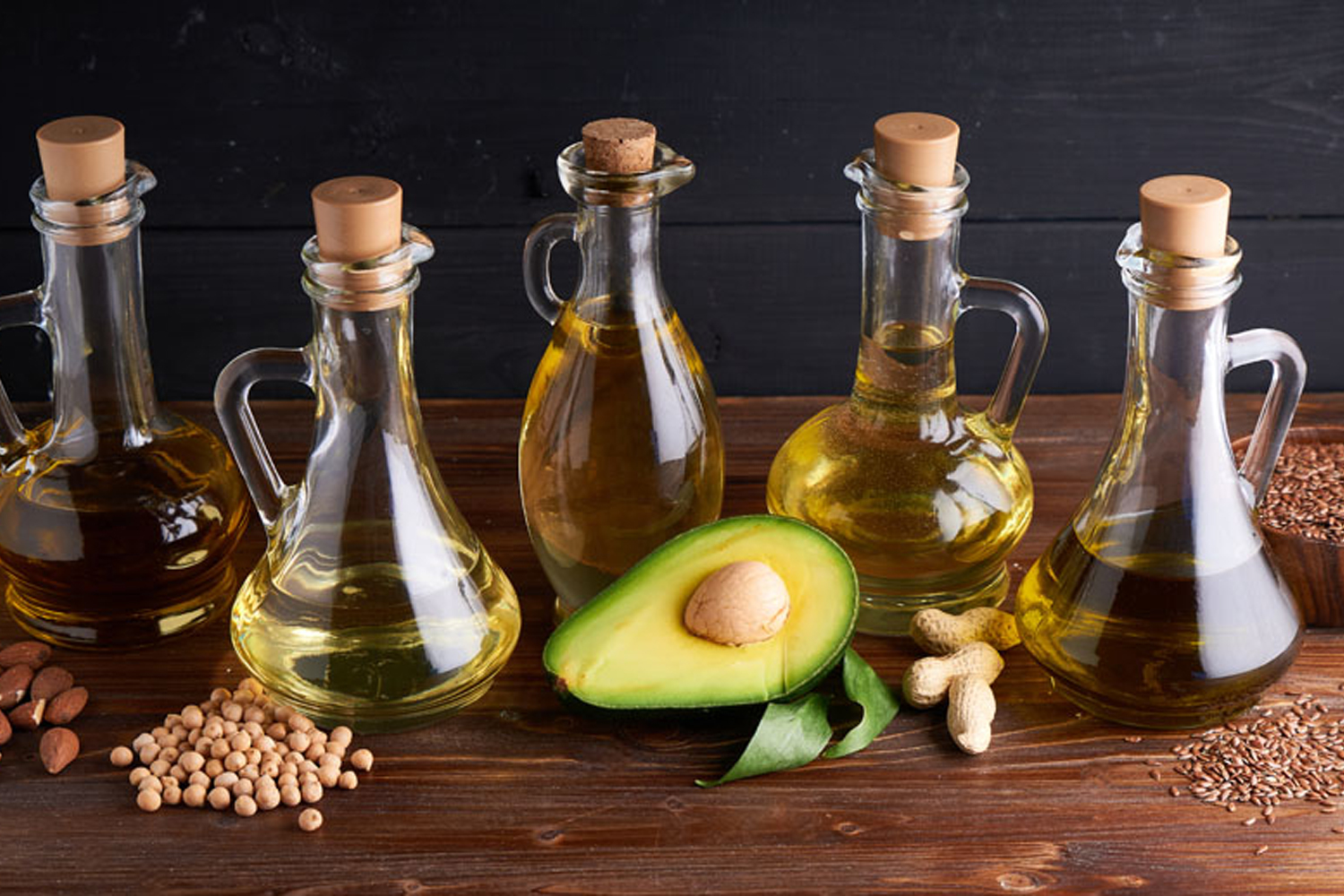FOR CANCER SURVIVORS who want to improve their diet and health, simple ingredient swaps in the kitchen can go a long way toward achieving their goals.
In a study published March 6, 2025, in JAMA Internal Medicine, researchers analyzed dietary questionnaires from more than 221,000 people participating in studies assessing the long-term impact of lifestyle and diet on chronic disease. Looking at death rates from cancer and other causes, researchers compared groups of people who ate the most butter with those who ate the least. They did the same for plant-based oils. Researchers found the group that reported the most butter consumption had higher cancer and all-cause mortality risk than those with the lowest consumption. Meanwhile, people who ate the most plant-based oils—specifically canola, soybean and olive oils—had a lower risk of death from cancer, cardiovascular disease and any cause.
Additionally, the study found substituting 10 grams, which is about one tablespoon, of butter per day with an equal amount of plant-based oil was associated with a 17% reduction in cancer and all-cause mortality risk. “Favoring plant oils over butter is a simple tweak with potentially big benefits in the long term,” says Yu Zhang, the study’s lead author and a research assistant at Brigham and Women’s Hospital in Boston.
If you enjoy butter, you don’t have to eliminate it altogether, but you should strive to use it less frequently. Clinical oncology dietitian Amy Bragagnini recommends cooking primarily with plant-based oils and only using small amounts of butter where you’ll appreciate the flavor, like drizzled on crab legs or spread on toast.
Butter and plant-based oils vary in their fatty acid and nutritional content. Butter is about 60% saturated fat. Diets high in saturated fat can increase inflammation, which can lead to heart disease and fuel cancer growth, Zhang says. “In contrast, the unsaturated fats and antioxidants in these plant oils help lower cholesterol, reduce inflammation and protect cells from chronic damage that leads to heart disease and tumors,” she says.
“Some research suggests that dietary saturated fats may alter hormonal activity, which may lead to the development of hormone-sensitive cancers” like certain breast and prostate cancers, says Amy Bragagnini, a clinical oncology dietitian at Trinity Health Lacks Cancer Center in Grand Rapids, Michigan, who was not involved in the study.
These substitutions can help you reduce the amount of butter in your cooking.
Many recipes call for butter, but clinical oncology dietitian Amy Bragagnini recommends these substitutions:
- When baking cookies, muffins or cakes, substitute olive, canola or soybean oil for melted butter.
- Instead of adding butter to chicken or fish, infuse flavor before cooking with a marinade of olive oil, mustard, herbs and garlic.
- When stir-frying or roasting vegetables, use canola or soybean oil instead of butter since these oils are suitable for high-temperature cooking.
Zhang stresses that plant-based oils in ultraprocessed foods don’t inherently make the foods healthier since the manufacturing process strips oils of nutrients. “The benefits really come from using minimally processed canola, soybean or olive oil in home cooking and dressings,” she says.
Cancer Today magazine is free to cancer patients, survivors and caregivers who live in the U.S. Subscribe here to receive four issues per year.





